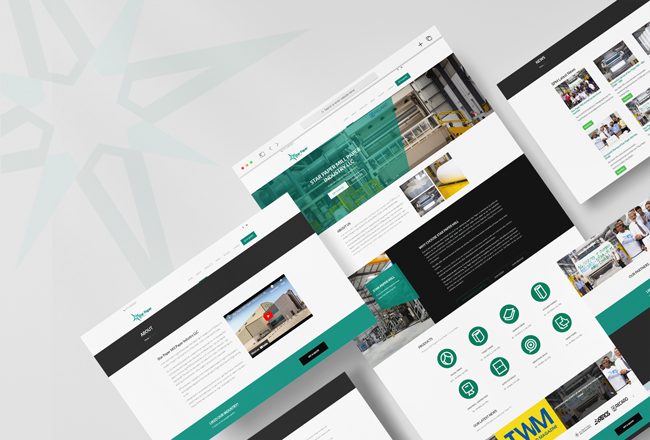In the ever-evolving landscape of software development, agility and flexibility are paramount. As businesses increasingly rely on digital solutions to drive innovation and meet customer demands, the approach to building applications has also shifted. API-First Development is one such paradigm that has gained prominence. In this technical article, we will explore the concept of API-First Development, its principles, benefits, and how it is transforming the way we create software.
What is API-First Development?
API-First Development is a software development approach that prioritizes the design and development of Application Programming Interfaces (APIs) as the foundation of an application. In this methodology, APIs are not just an afterthought or a means to connect different components; they are the core building blocks upon which the entire application is constructed.
Principles of API-First Development
Design First, Code Later: In API-First Development, the design of APIs takes precedence. Developers start by defining the API’s structure, endpoints, and data formats before writing any application code. This approach encourages clear documentation and well-defined interfaces.
Modularity and Reusability: APIs are designed with modularity and reusability in mind. Each API component should be a self-contained, reusable module that can be easily integrated into different parts of the application or even in other applications.
Independent Development: API-First allows multiple teams or developers to work independently on different parts of the application, as long as they adhere to the agreed-upon API specifications. This parallel development accelerates the overall project timeline.
Testing-Driven Development: Testing APIs is integral to the API-First approach. Developers write test cases for APIs before implementing them, ensuring that the APIs meet their intended functionality and performance criteria.

Benefits of API-First Development
1. Enhanced Collaboration
API-First Development promotes collaboration between development teams, product owners, and stakeholders. With clearly defined APIs, teams can communicate effectively about the expected behavior and data flows within the application.
2. Flexibility and Scalability
API-First architectures are inherently scalable. As new features or services are required, additional APIs can be developed and integrated seamlessly into the existing system, allowing for rapid expansion without major disruptions.
3. Reusability and Efficiency
Developers can reuse APIs across different projects or applications, reducing development time and effort. This reusability also ensures consistency in functionality and data exchange across various parts of the application.
4. Agile Development
API-First Development aligns well with Agile methodologies. It allows for incremental development and frequent updates, enabling businesses to respond quickly to changing market demands and user feedback.
5. Improved Testing and Debugging
Testing APIs in isolation simplifies the testing process. Developers can identify and rectify issues within the API layer before they propagate to other parts of the application, resulting in higher software quality.
Implementing API-First Development
To adopt API-First Development successfully, consider the following steps:
API Design: Begin with comprehensive API design. Clearly define the endpoints, data models, and expected behaviors using tools like OpenAPI Specification or GraphQL SDL.
Documentation: Maintain up-to-date API documentation accessible to all stakeholders, including developers, testers, and product owners. Tools like Swagger or ReDoc can help automate documentation generation.
Mocking and Testing: Create mock APIs based on the design, allowing front-end and back-end teams to work in parallel. Develop unit tests for APIs to ensure functionality and reliability.
Continuous Integration/Continuous Deployment (CI/CD): Integrate API testing into your CI/CD pipelines to automate testing and deployment processes.
Versioning: Implement versioning for your APIs to manage changes while ensuring backward compatibility.
“Even if we do not talk about 5G (specifically), the security talent in general in the country is very sparse at the moment. We need to get more (security) professionals in the system”
API-First Development represents a paradigm shift in software development, emphasizing the central role of APIs in creating flexible, scalable, and collaborative applications. By adopting this approach, businesses can accelerate development cycles, improve product quality, and remain agile in a rapidly changing digital landscape. As the demand for interconnected and adaptable software solutions continues to grow, API-First Development is poised to play a pivotal role in shaping the future of software development.





Not only will a network administrator keep you safe, but you will not have to waste as much time going through unwanted emails. Protect yourself before the inevitable happens.